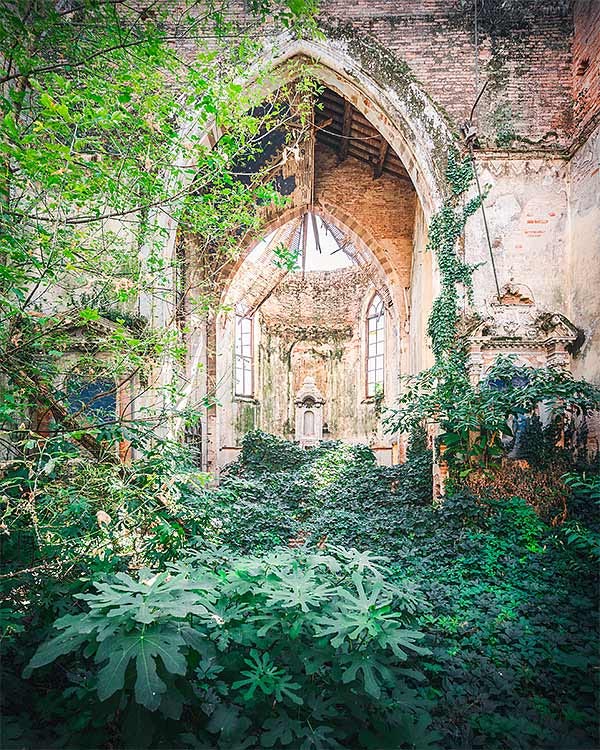The indispensable journal The Plough has published a selection from Tradition and Apocalypse in its latest issue, and has made it available online. If you already possess the book, needless to say, it will avail you little; if not, however, it may be of interest.
Discussion about this post
No posts





I read the book with great interest soon after it came out. I noticed a dissonance between two different ideas in the book that I hope you can resolve for me. On the one hand, you deny any kind of Christian historiography that looks back at the past as a process inevitably leading to the present state of things — a Christian version of the 'Whig interpretation of history,' which you attribute to Newman. But on the other hand, you speak of late modern secularity as a kind of inevitable outgrowth of forces latent in Christian history. It seems to me that you can't have both without affirming two contradictory historiographies. Am I mis-reading?
Is hesychasm part of the Christianity you’re imagining in Tradition and Apocalypse? I’m reading Orthodox Psychotherapy by Metropolitan Hierotheos and he’s saying Eastern Orthodox Christianity is a spiritual hospital to heal for living now; not hanging-up on the Second Coming. “St Symeon The New Theologian says that he who has seen the uncreated light and united with God is not waiting for the Second Coming of the Lord but living it.” (Orthodox Psychotherapy: The Science of the Fathers by Metropolitan Hierotheos.)